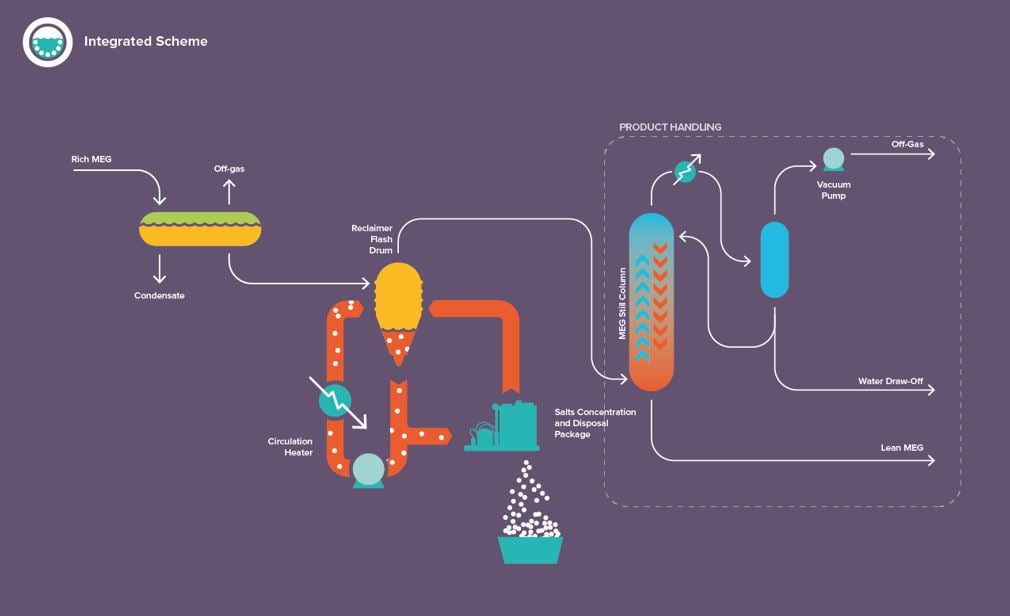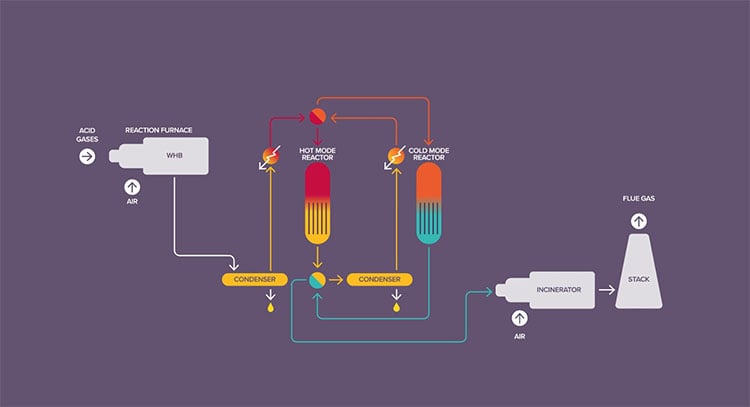





Creating sustainable solutions for your plastic industry
Powering the Road: the Future of EV Batteries
Carbon Capture and Storage
Prepare for Takeoff
CTC: a straight-forward route for a strategic turn
Valorizing renewable & recycled plastics feedstocks
Axens group provides a complete range of solutions for the conversion of oil and biomass to cleaner fuels, the production and purification of major petrochemical intermediates, the chemical recycling of plastics, all natural gas treatment and conversion options, water treatment as well as carbon capture & storage solutions.
The offer includes technologies, equipment, furnaces, modular units, catalysts, adsorbents and related services.
Axens helps its clients build a sustainable future with inventive and performing solutions.
3,000
Over 3,000 industrial units under license
70,000
Over 70,000 tons of catalysts and adsorbents each year
500
Over 500 modular units references
What we do
From feasibility studies to unit start-up and follow-up throughout the entire unit life cycle, Axens Group is ideally positioned to cover the entire value chain while ensuring the highest level of performance with reduced environmental footprint.
Oil Refining

Petrochemicals & Chemicals

Renewable Fuels & bio-based Chemicals

Water Treatment

Carbon Capture and Storage

Plastic Recycling

Low Carbon Hydrogen

Upcoming Events
All events

 Carbon Capture & Storage
Carbon Capture & Storage







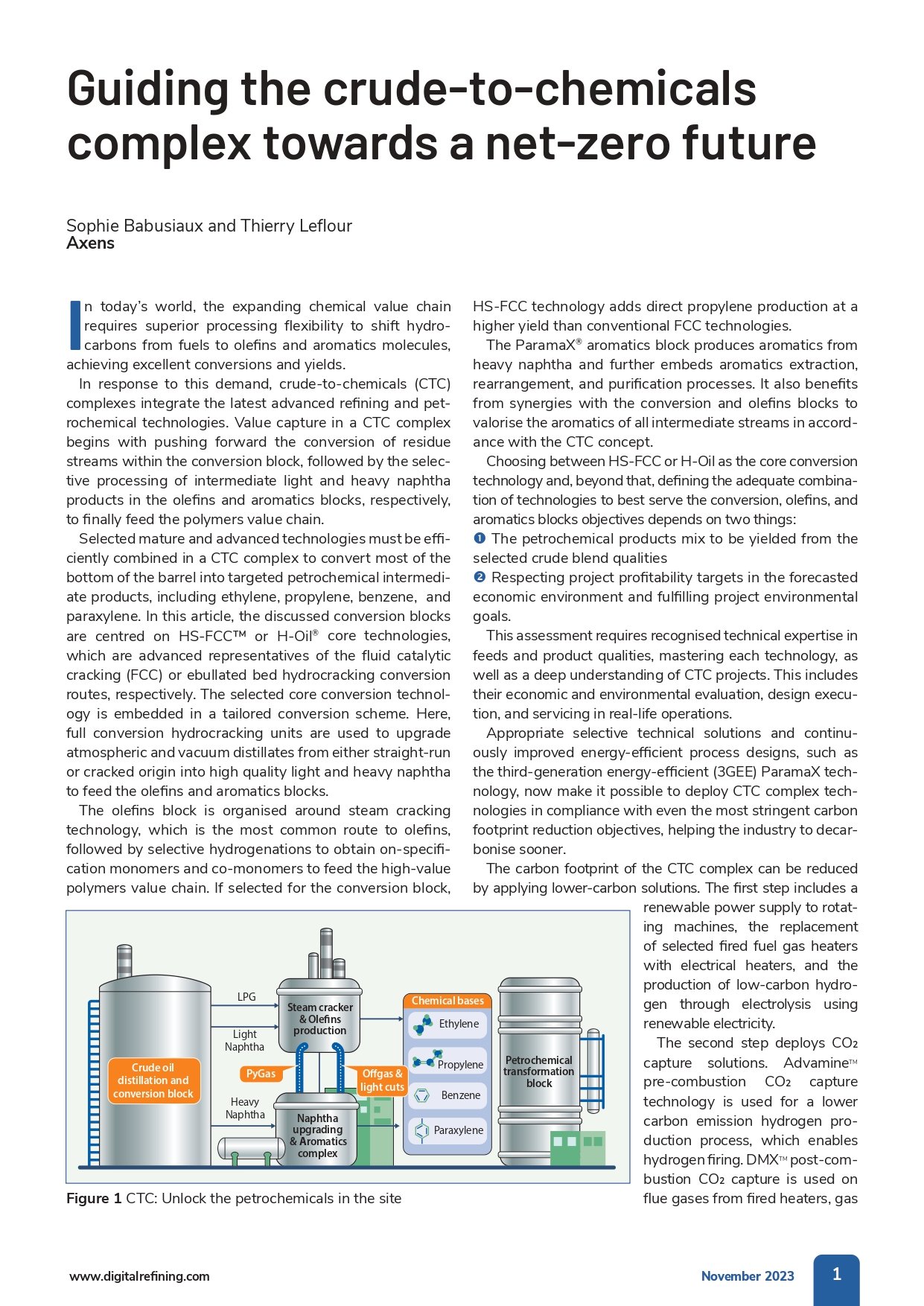

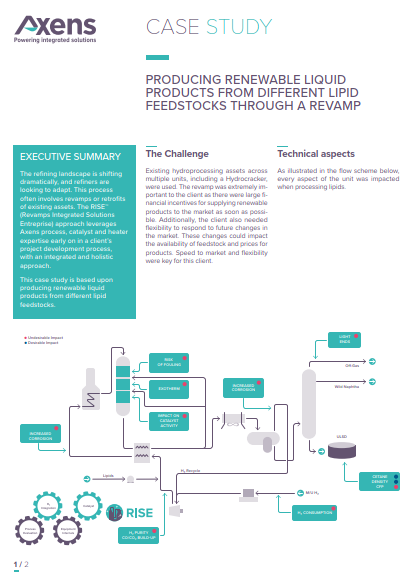
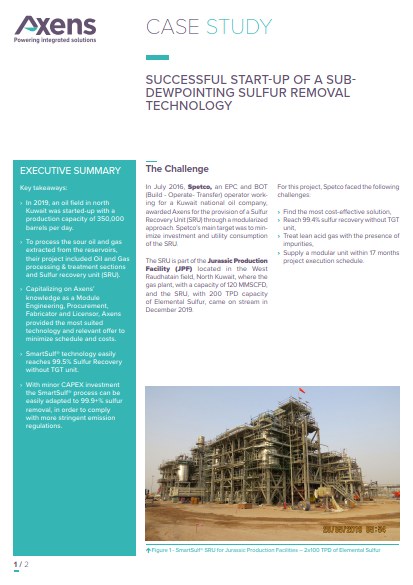
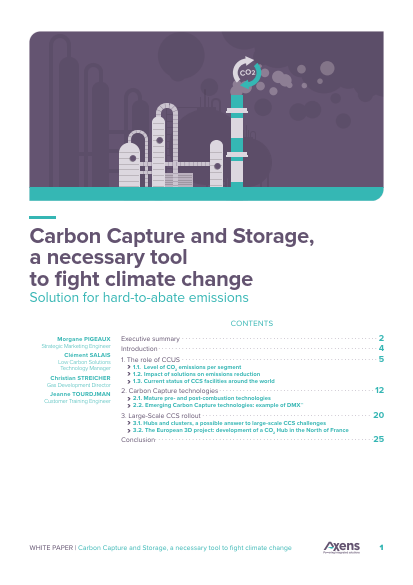
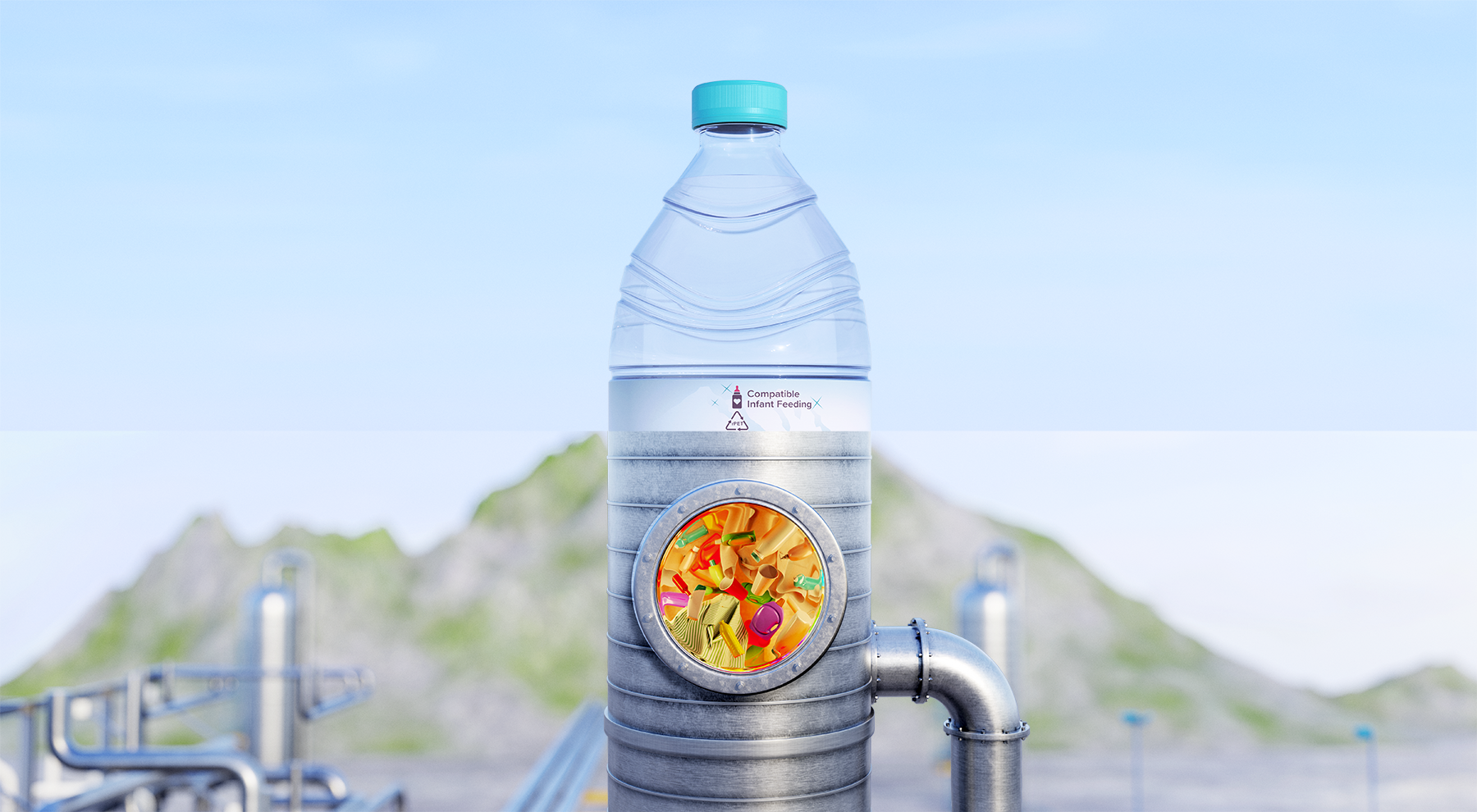

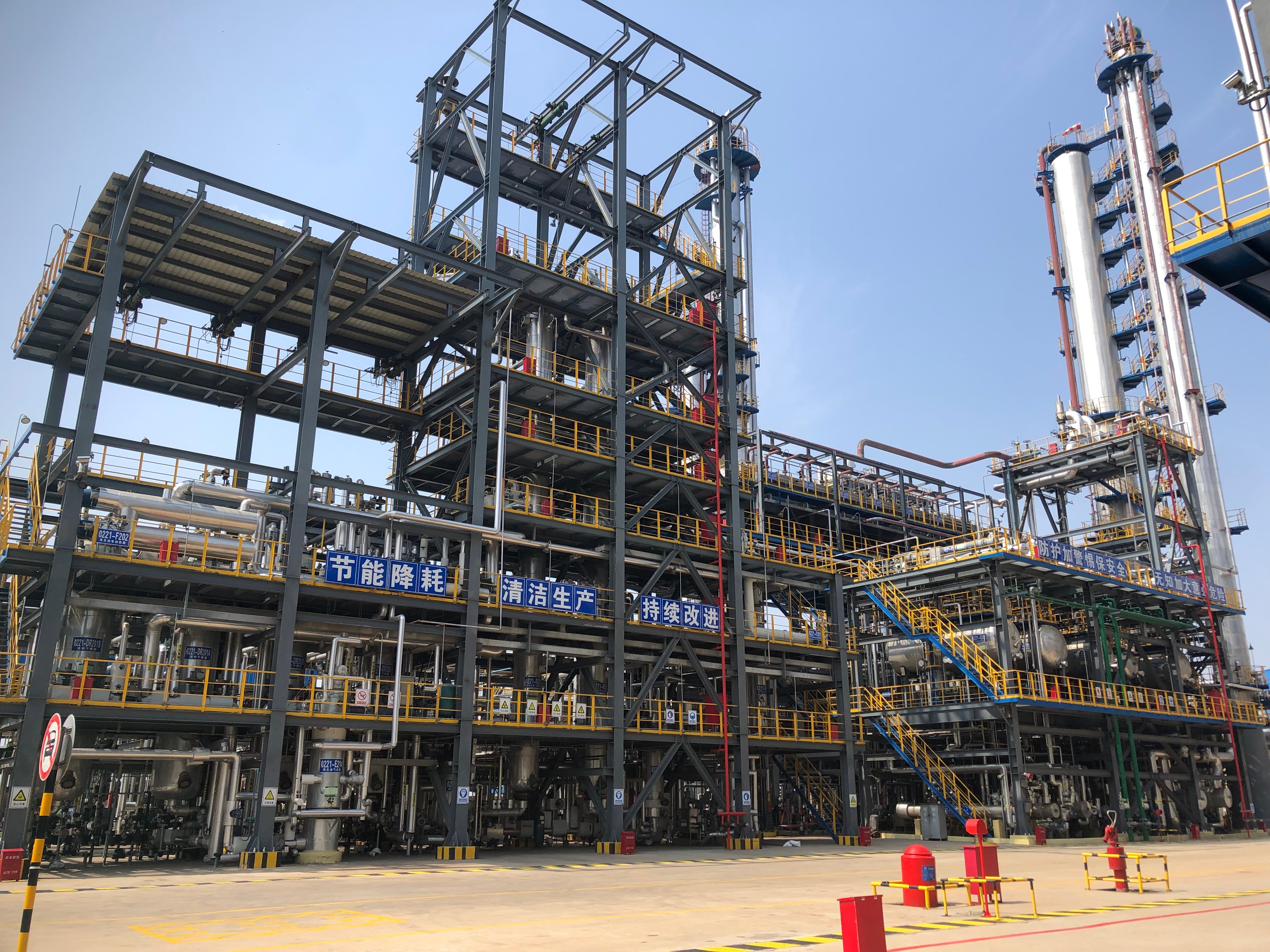
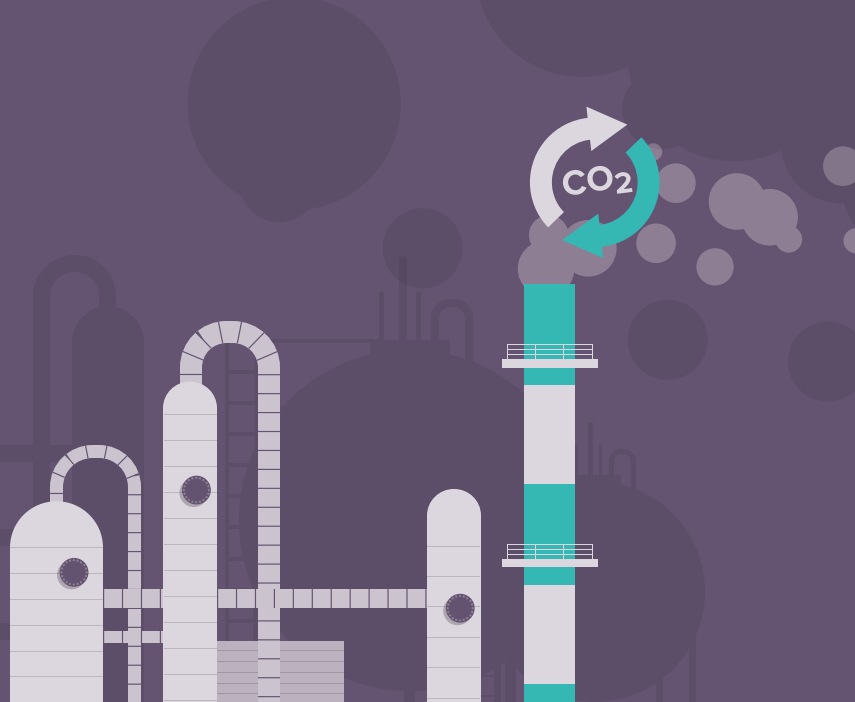
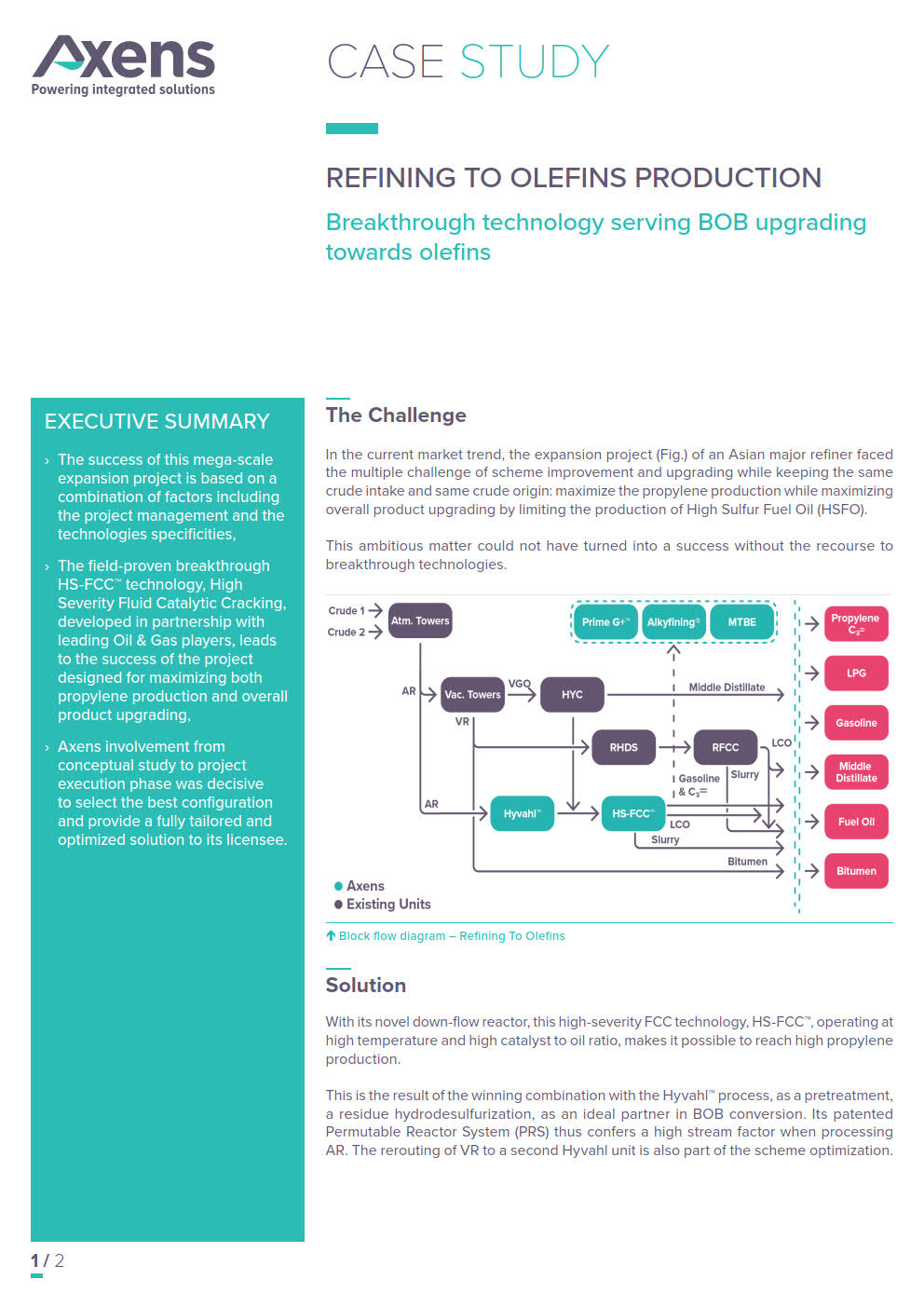
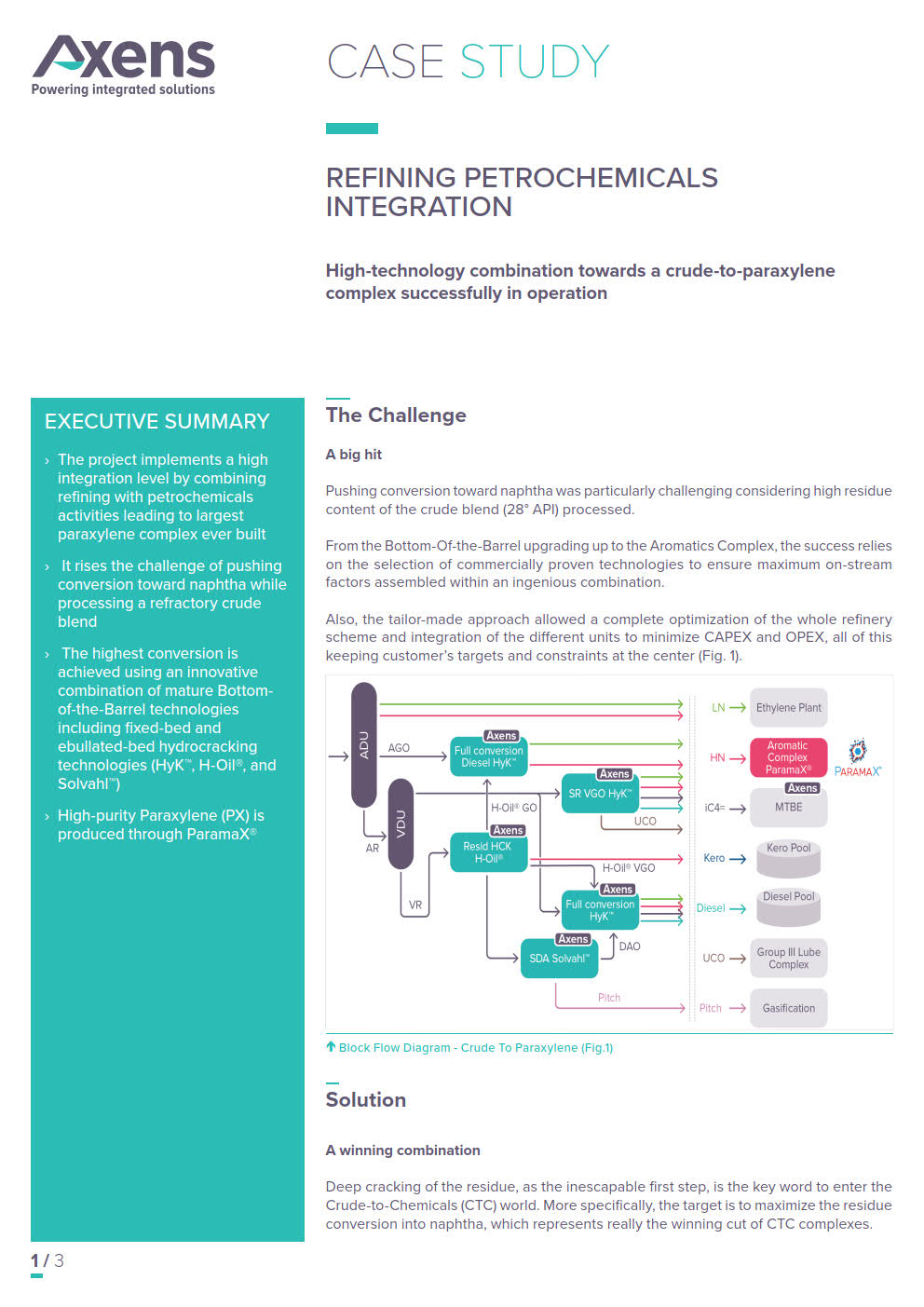
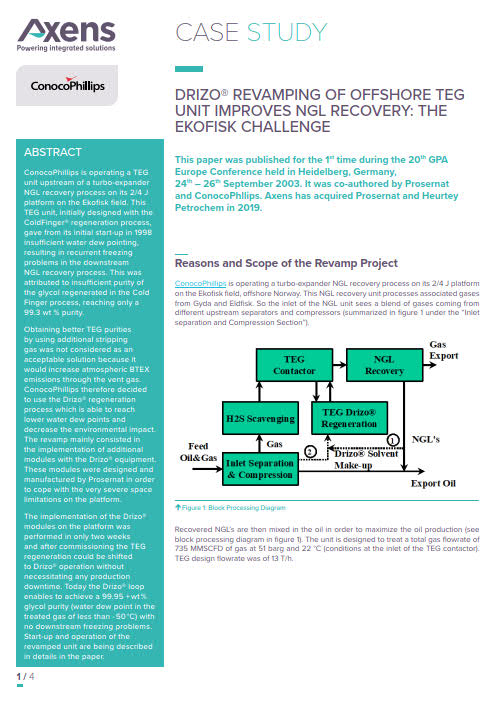
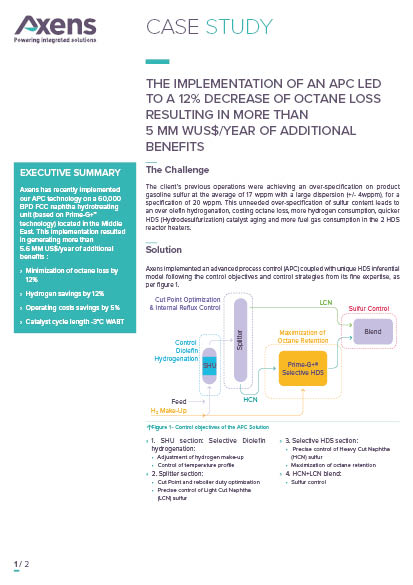
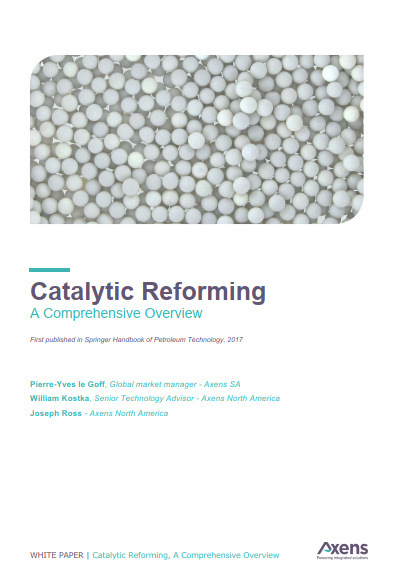
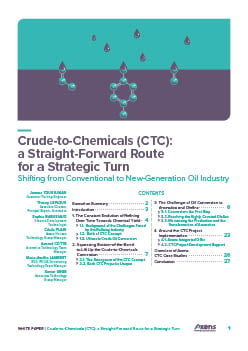
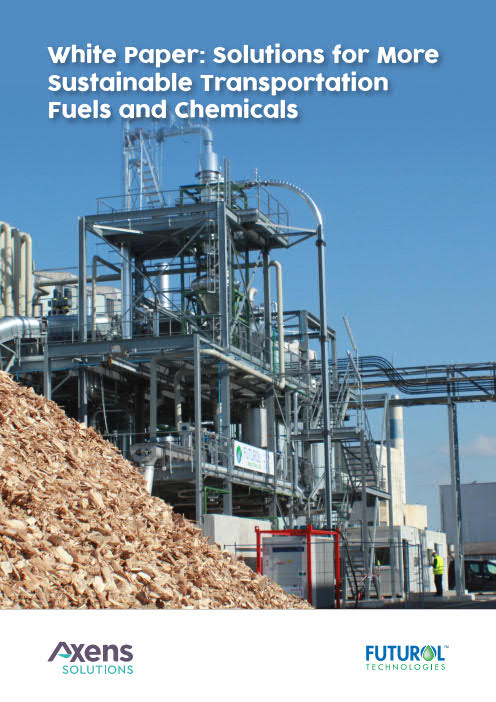
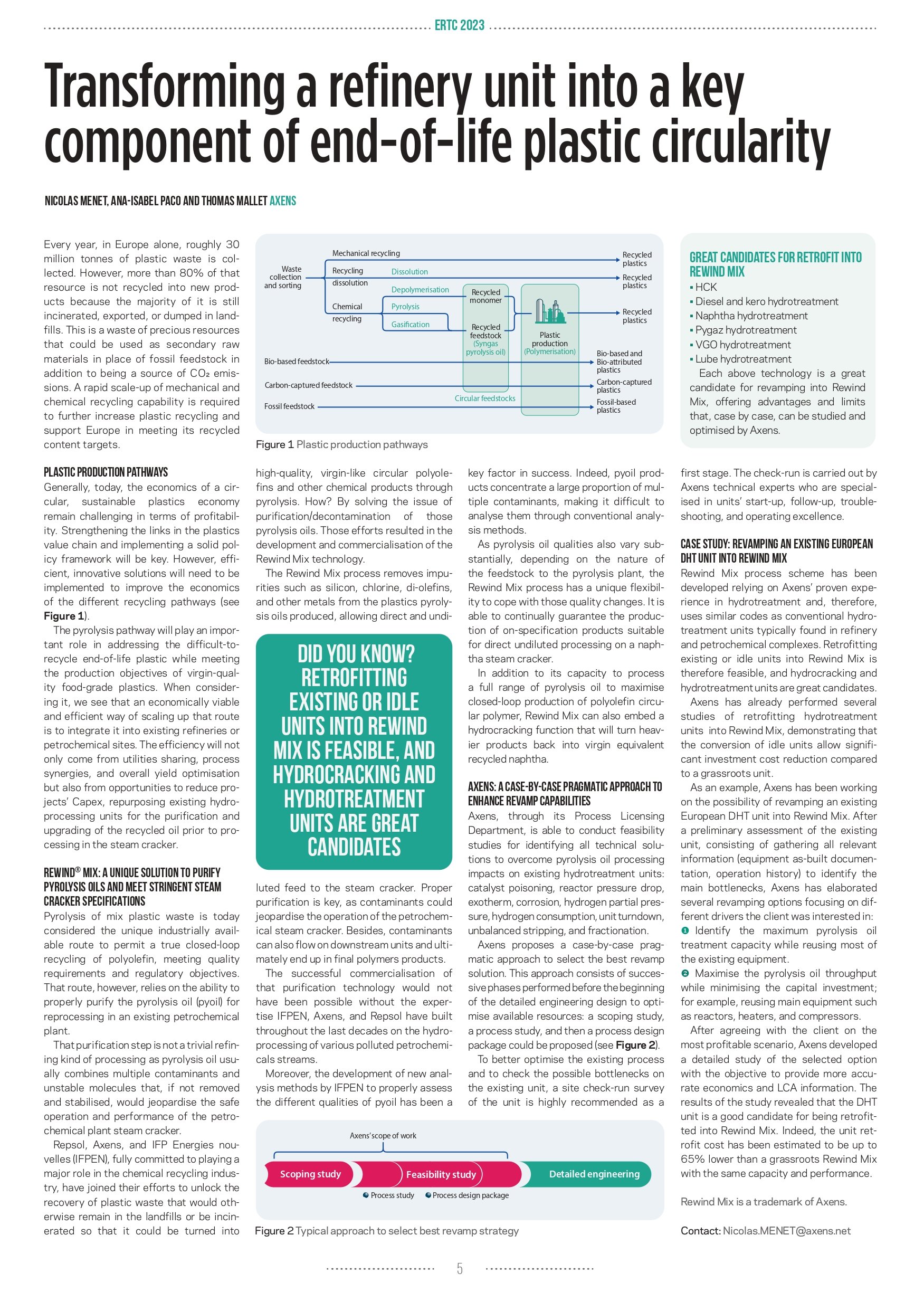
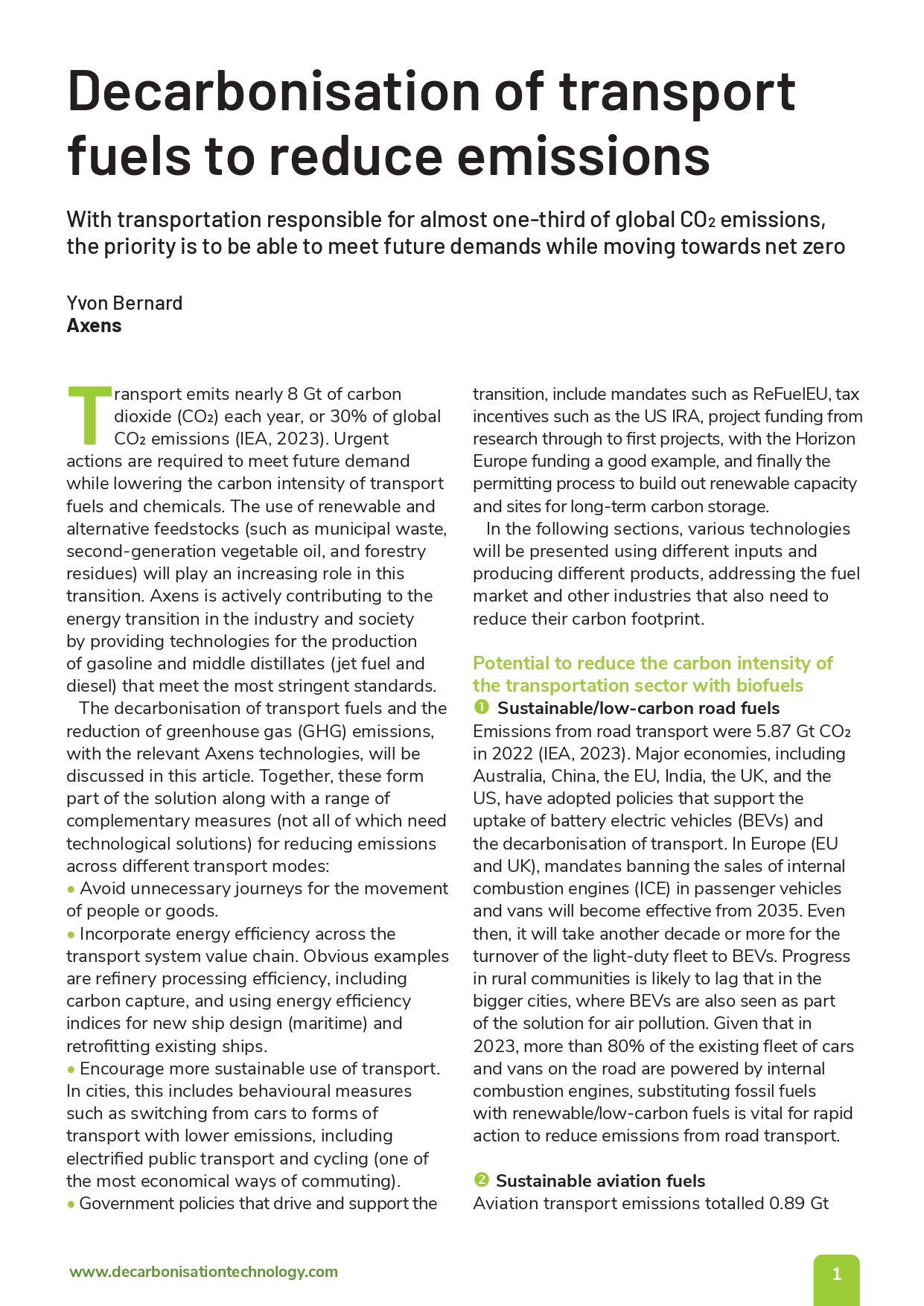

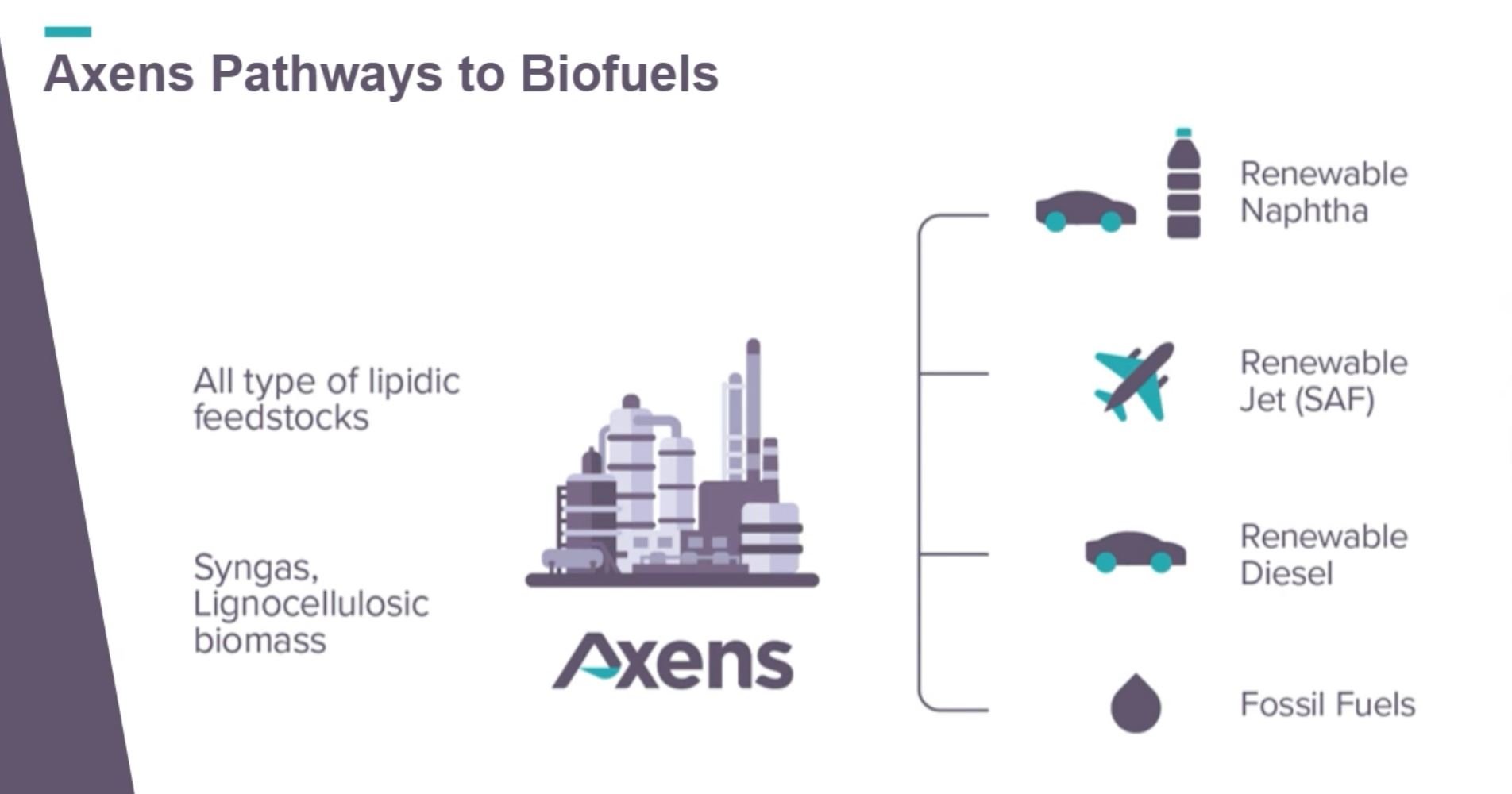
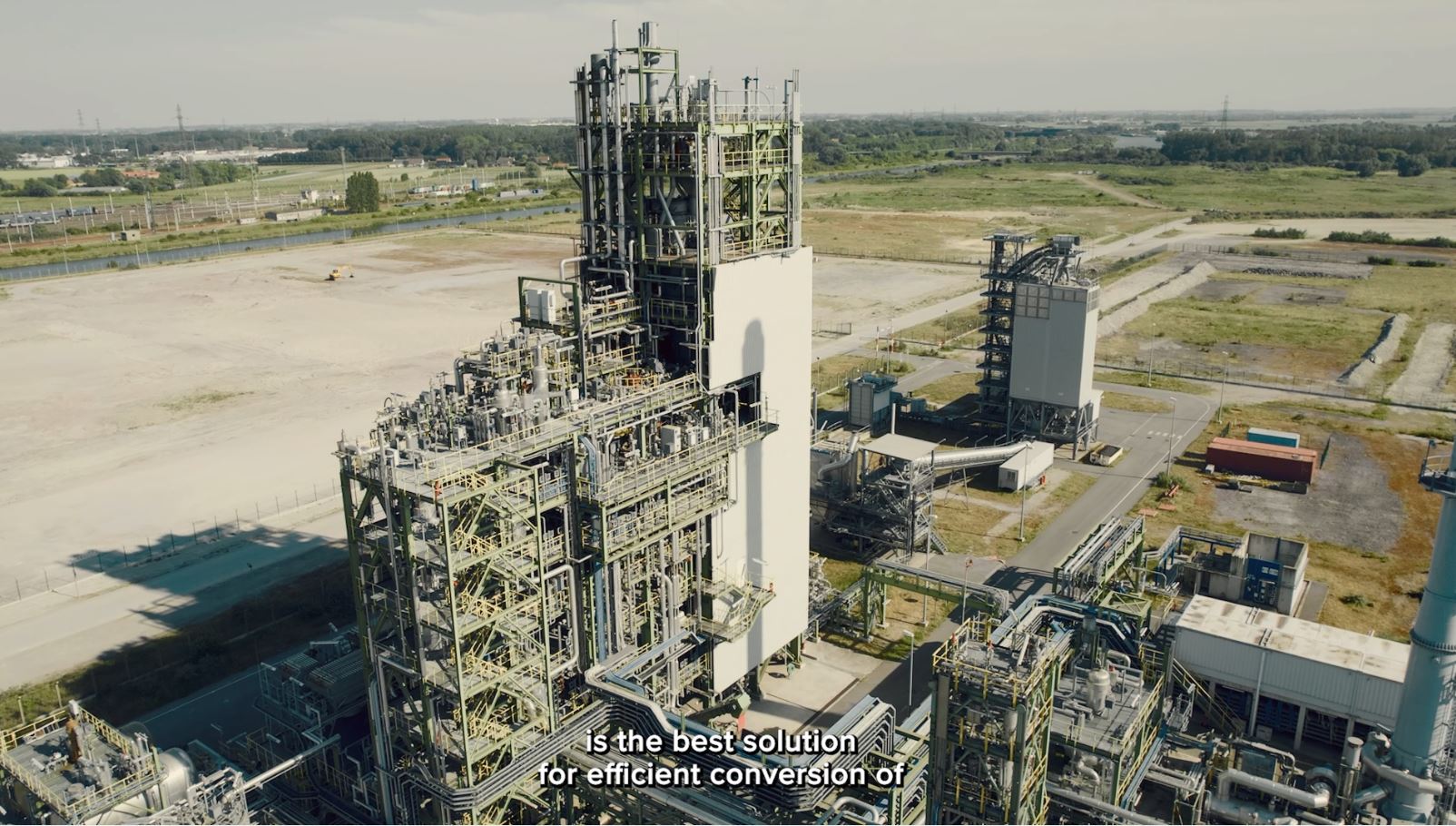
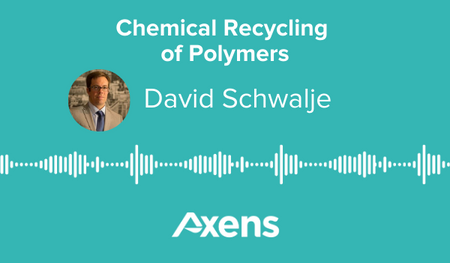
 Plastic Recycling
Plastic Recycling
